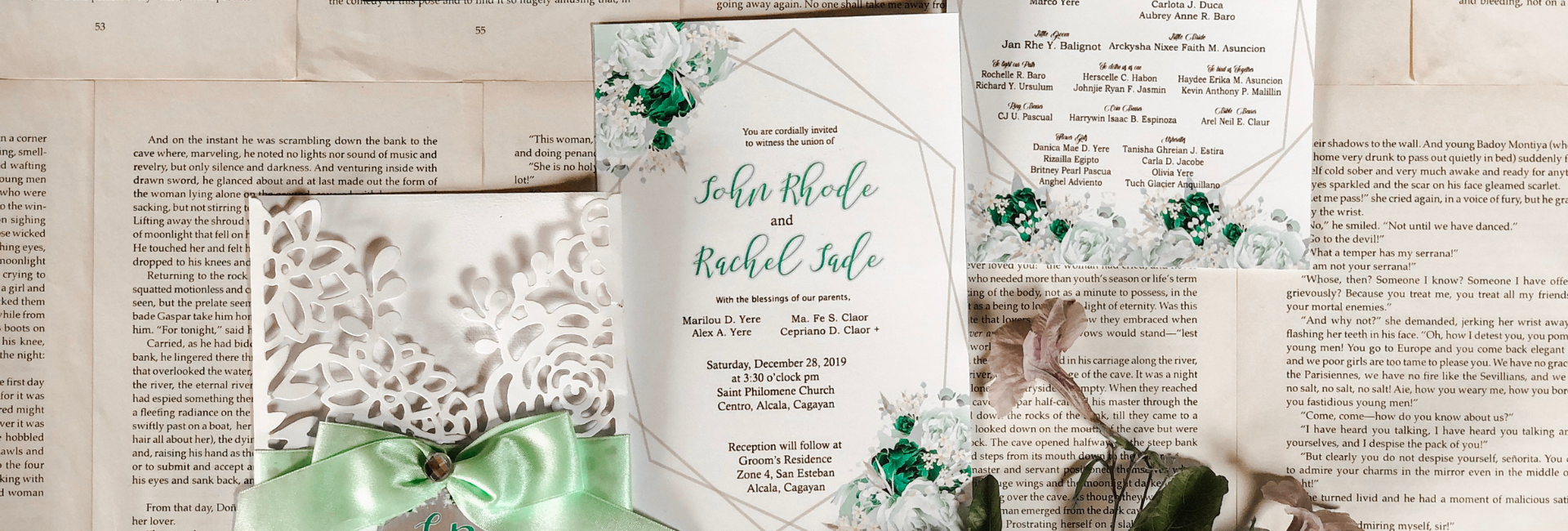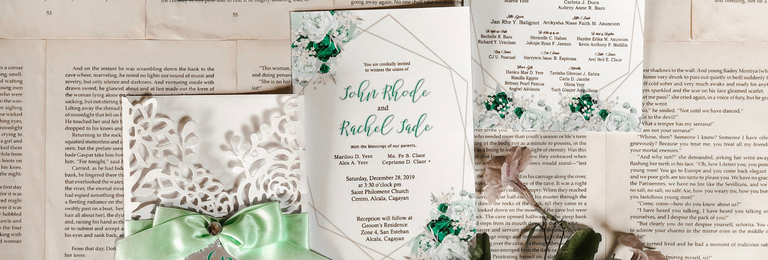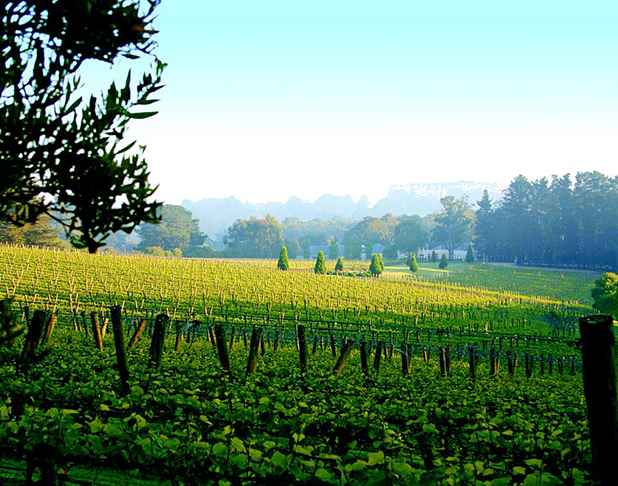A wedding is one of the most important events in a person's life, and a wedding invitation is the first glimpse that guests have of what to expect on this special day. A well-crafted wedding invitation can set the tone for the event and provide guests with all the necessary information. However, it can be overwhelming to know what to include in a wedding invitation, especially if you are doing it for the first time. In this article, we will go over everything you need to know about wedding invitations, including what to include in save-the-dates, invitations, response cards, reception cards, wedding programs, menu cards, place cards, and thank-you cards.
Save-the-dates
Save-the-dates are typically sent out six to eight months before the wedding, and they are intended to give guests a heads-up about the upcoming event so they can make travel arrangements and clear their schedules. They are especially important for out-of-town guests and those who need to request time off work.
When it comes to save-the-dates, the most important information to include is the date and location of the wedding. You should also include the names of the bride and groom, as well as any other pertinent details, such as the dress code or any special requests (e.g., "Please RSVP by a certain date"). Save-the-dates can be as simple or as elaborate as you like, and they can be in the form of a physical card or a digital invitation.
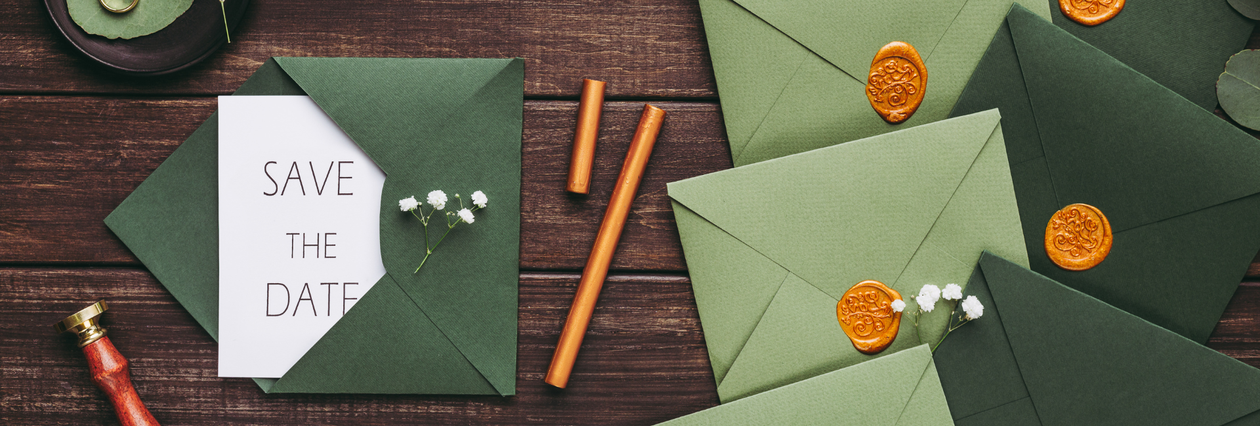
Invitations
The wedding invitation is the main event, and it typically sets the tone for the entire wedding. It should be sent out six to eight weeks before the wedding, and it should include all the necessary information that guests will need to attend the event.
The most important information to include in a wedding invitation is:
- The names of the bride and groom
- The date and time of the wedding
- The location of the wedding, including the name of the venue and the address
- The dress code
Any other pertinent details, such as the names of the parents or special requests (e.g., "Please RSVP by a certain date").
You may also want to include an RSVP card, which will allow guests to RSVP and provide any necessary information, such as their meal preferences. It is also a good idea to include a separate card with information about accommodations and transportation for out-of-town guests.
Response cards
Response cards are typically included with the wedding invitation, and they are used to collect RSVPs from guests. The response card should include a space for guests to indicate whether they will attend the wedding or not, as well as any other necessary information, such as their meal preferences.
The response card should also include a self-addressed, stamped envelope, which will make it easy for guests to send their RSVP back to you. You should include a deadline for RSVPs, which will allow you to get an accurate headcount for the wedding.
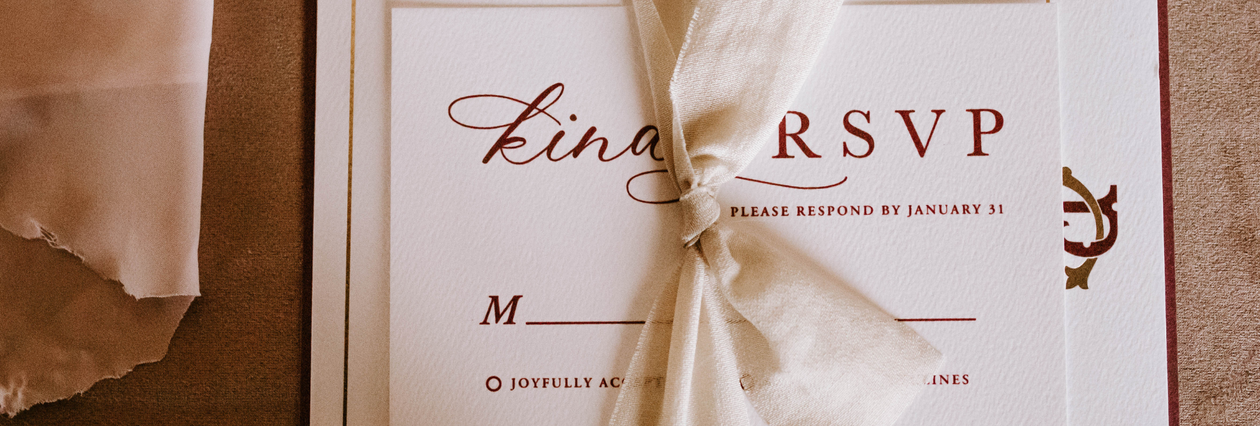
Reception cards
If you are having a separate reception location, you may want to include a reception card with your wedding invitation. The reception card should include the name and address of the reception venue, as well as the start and end times of the reception.
Wedding programs
Wedding programs are a great way to provide guests with information about the ceremony and the reception. They are typically handed out to guests as they arrive at the ceremony, and they can include information about the order of events, the names of the wedding party, and any special readings or music that will be included in the ceremony.
Wedding programs can be as simple or as elaborate as you like, and they can be printed on a single sheet of paper or bound in a booklet format. In addition to the order of events, you may also want to include a thank-you note to your guests and any special dedications or memorials to loved ones.
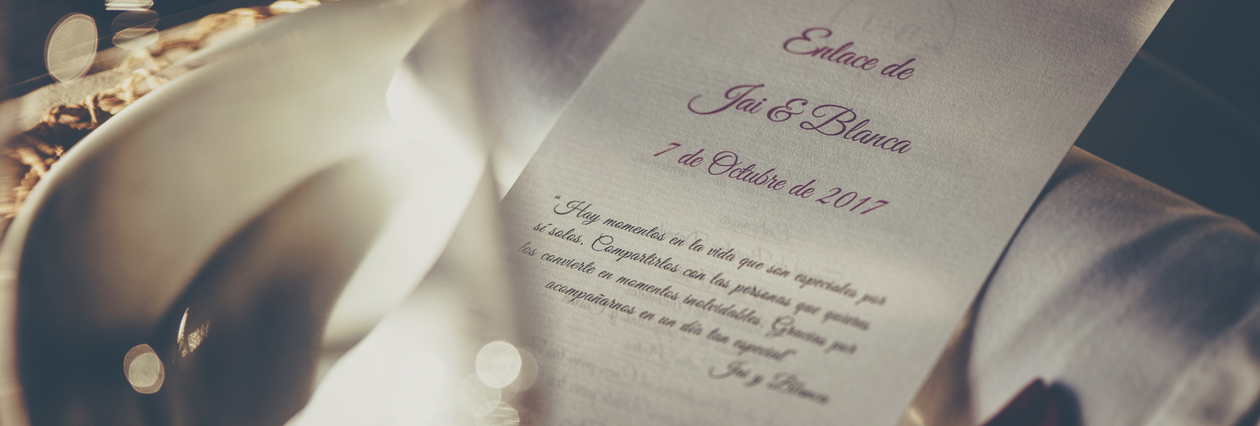
Menu cards
Menu cards are typically used for formal or sit-down receptions, and they provide guests with a list of the food and drink options that will be served. They can be especially useful if you have guests with dietary restrictions or allergies, as they can help guests make informed choices about what to eat.
When creating menu cards, you should include the names of the dishes or drinks, as well as any special notes about ingredients or preparation. You may also want to include a note thanking your guests for celebrating with you and expressing your gratitude to the vendors and staff who helped make your wedding a success.
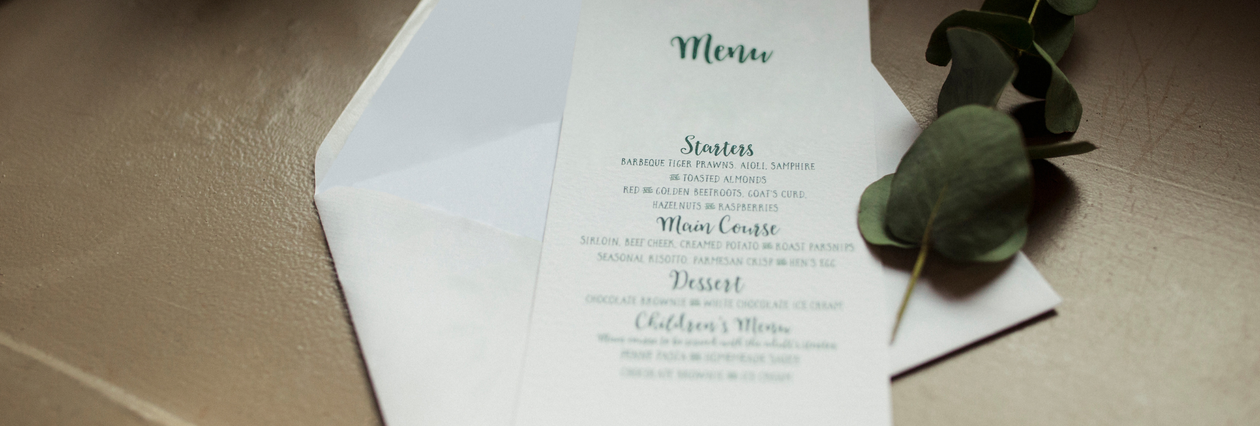
Place cards
Place cards are used to assign seating arrangements at the reception, and they are typically placed at each guest's seat. They can be a great way to help guests find their tables and connect with other guests, and they can also add a touch of elegance to your wedding reception.
When creating place cards, you should include the guest's name and table number, as well as any other special notes, such as meal preferences or dietary restrictions. You may also want to include a small note thanking your guests for celebrating with you and expressing your gratitude to the vendors and staff who helped make your wedding a success.
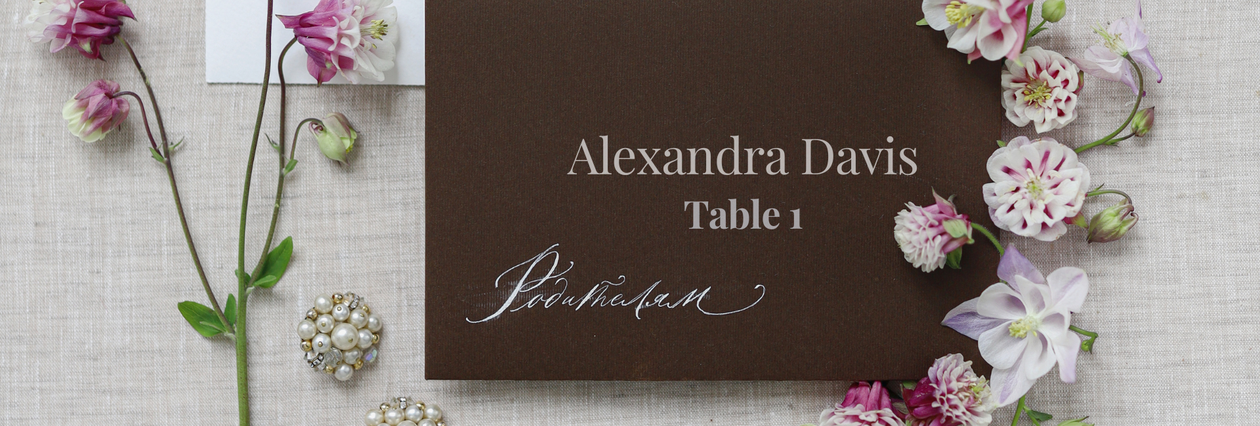
Thank-you cards
Thank-you cards are an important part of any wedding, as they allow you to express your gratitude to your guests for sharing in your special day. They should be sent out within a few weeks after the wedding, and they should include a personal note of thanks and appreciation.
When creating thank-you cards, you should include a personal message to each guest, thanking them for their presence and any gifts they may have given. You may also want to include a favorite photo from the wedding or a special memory from the day.
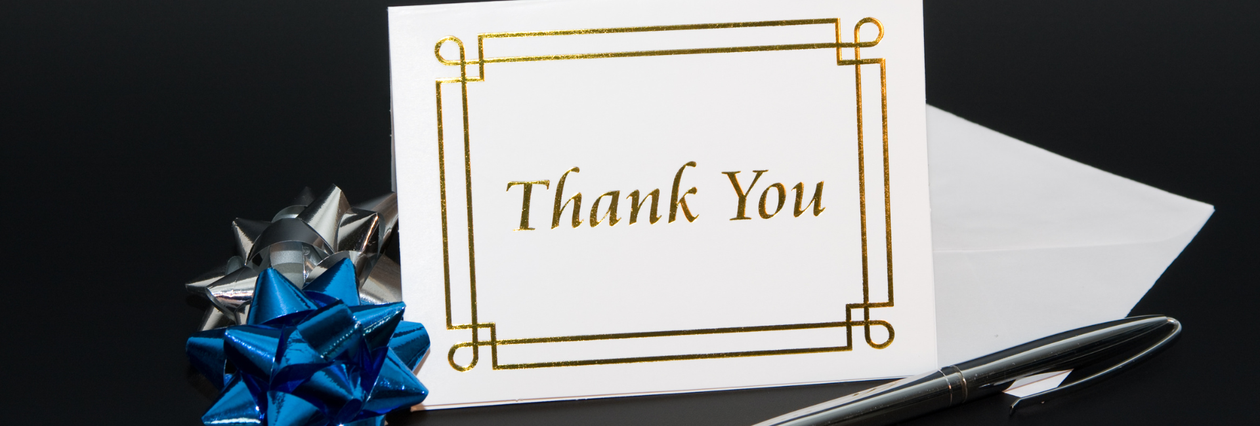
In conclusion, a wedding invitation is an important part of any wedding, and it can set the tone for the entire event. By including all the necessary information in your save-the-dates, invitations, response cards, reception cards, wedding programs, menu cards, place cards, and thank-you cards, you can ensure that your guests have all the information they need and feel appreciated for sharing in your special day. Whether you choose to keep things simple or go all out with your invitations and other wedding stationery, the most important thing is to make sure that your personality and style shine through in every detail.
